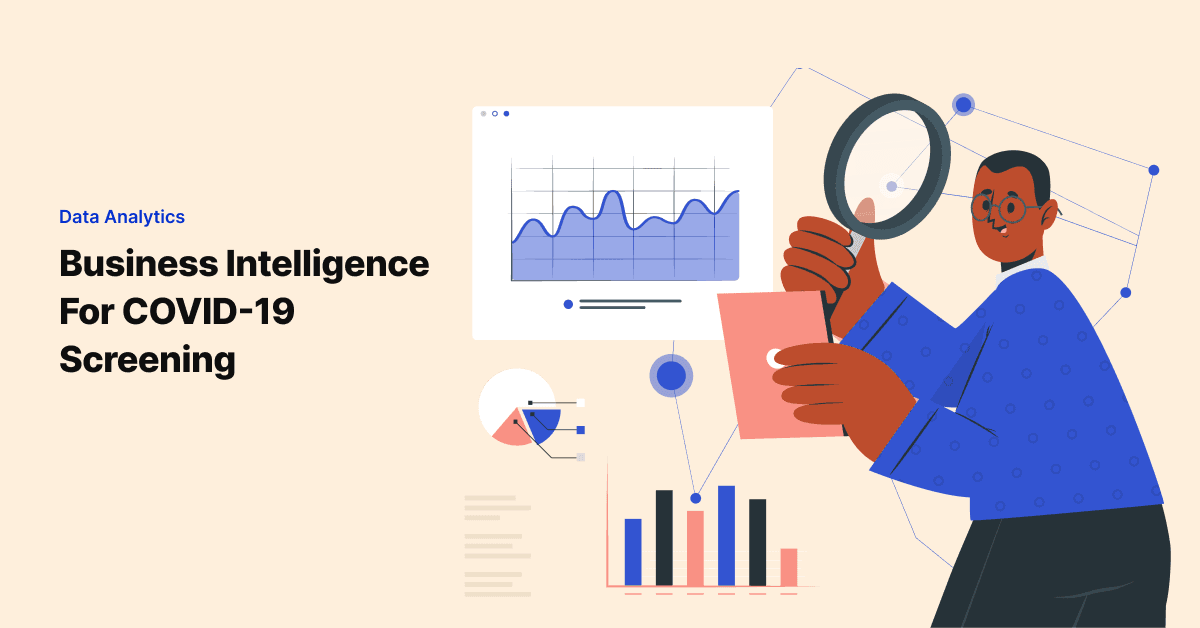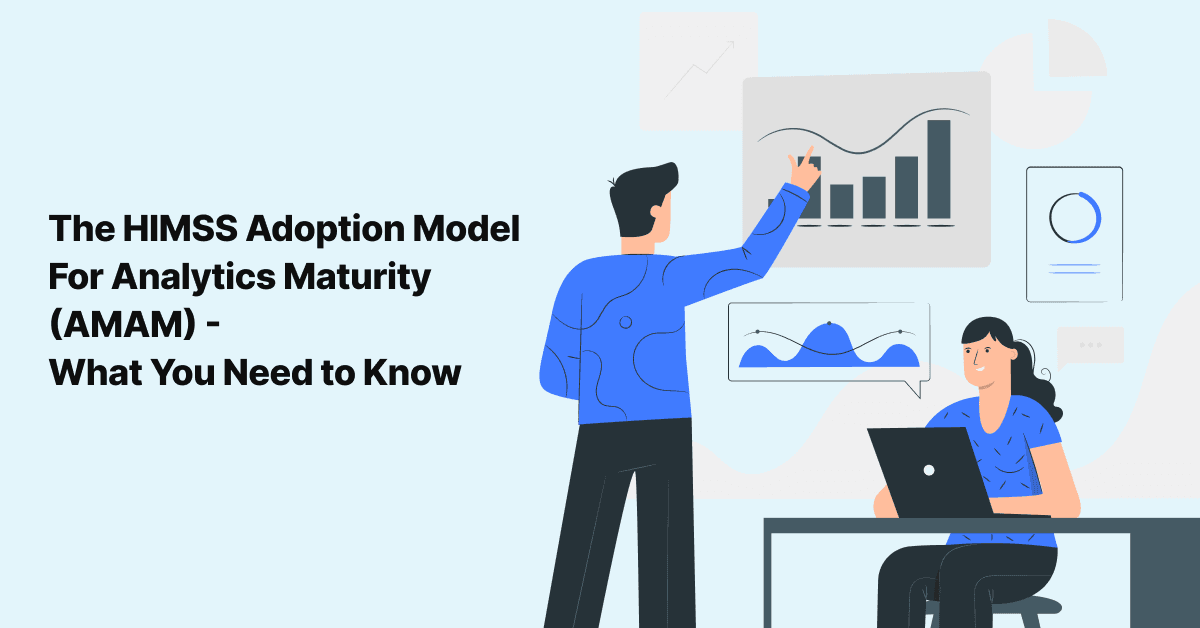
Artificial Intelligence (AI) as a Differentiator in Healthcare Analytics Products and Services
Artificial Intelligence (AI) is rapidly transforming the modern healthcare landscape, playing a crucial role …

There are many opportunities in healthcare IT that have been exponentially embraced as our entire world faces an unprecedented health crisis. Anything digital (such as Digital Learning for Healthcare Training) or something that supports medicine practiced at arm’s length (or six-feet-apart, to be technical) is gaining traction as PPE quantities dwindle and the Coronavirus infection rates skyrocket. We’re collectively learning to be nimble and to utilize the virtual tools available to us to stay safe while caring for the incredible volume of patients at risk. However, one of the biggest tools available to us resides within the breadth of data available in hospital and health system EHRs. Imagine if we could leverage Business Intelligence (“BI”) for healthcare delivery to proactively find patients at risk, screen them before they even walk through the door, and start to plan ahead for population health trends from a data-driven perspective.
If only…
The reality is that Healthcare Business Intelligence is here now and available to anyone with a decent data set on their patients or local demographics. Creating a strategy around COVD-19 containment largely makes sense at a local level as community hospitals and health systems know their unique needs and geographic variables better than anyone else. For example, targeting smokers (as recorded via social history in Epic) may not be as fruitful for a suburban facility with a largely health-conscious population; whereas measuring (via social surveys or some other virtual method of information gathering) recent travel and volume of social interactions within the last quarter may yield more meaningful data for clinical outreach.
Right now, the idea of proactively doing anything associated with Covid-19 (aside from Social Distancing) seems far fetched. Many areas are knee deep in positive cases of Coronavirus and feeling the deep pains of too many patients with far too few resources. It’s overwhelming on every front and it seems this thing will never be manageable. But we can see from those who’ve battled Corona before the U.S., the curve will go down. Eventually. All the more reason healthcare administrators and population health experts can start to brainstorm methods for implementing Business Intelligence solutions to better prepare for future outbreaks of Novel Coronavirus (such as a potential resurgence this fall), as well as any other contagions or circumstances that may come.
We are largely limited at this point on not only the availability of already-taxed healthcare resources but on the difficulty of gathering the right data fast enough to make Covid-19 specific BI totally robust. However, there are useful data points that could be leveraged to anticipate trends and assign a risk score of sorts to the local community. Where the real opportunity comes is realizing just how many factors were at play in this outbreak — from travel and social exposure to underlying conditions and pharmaceutical correlations — and starting to build out a patient questionnaire that paints a more complete picture of who hospitals serve in their communities.
We can’t anticipate every set of variables for every possible disease out there, but data is extremely powerful. The more we gather, the more we can learn to serve those who need us most with healthcare Business Intelligence.
Join over 3,200 subscribers and keep up-to-date with the latest innovations & best practices in Healthcare IT.

Artificial Intelligence (AI) is rapidly transforming the modern healthcare landscape, playing a crucial role …

In the digital era, healthcare organizations must effectively harness extensive data to enhance patient care, …

Data warehousing in healthcare is an increasingly important tool to collect, store, and analyze the massive …